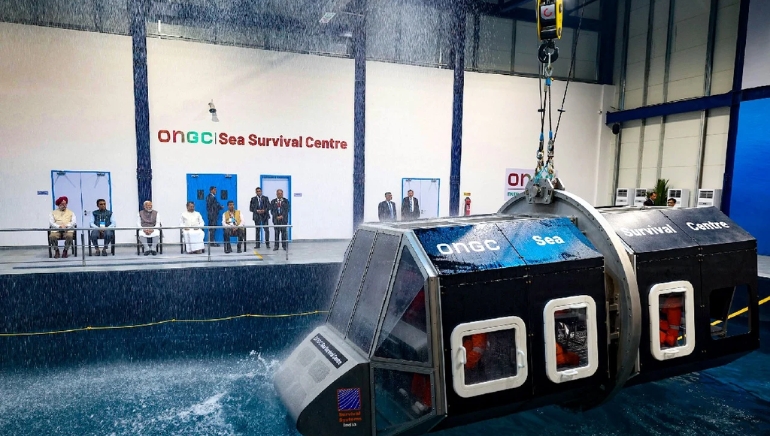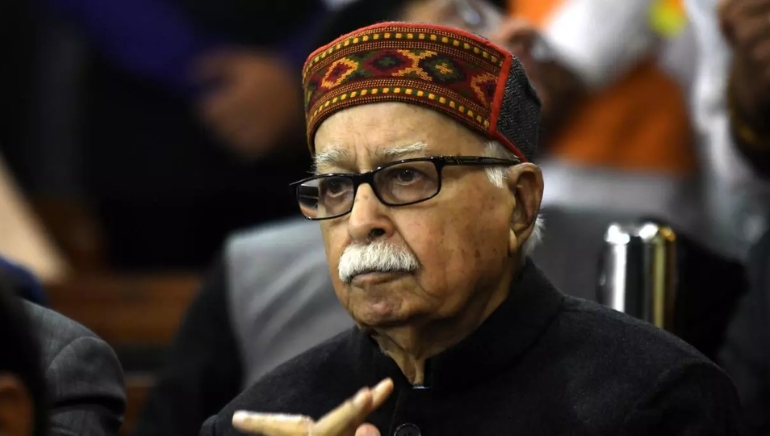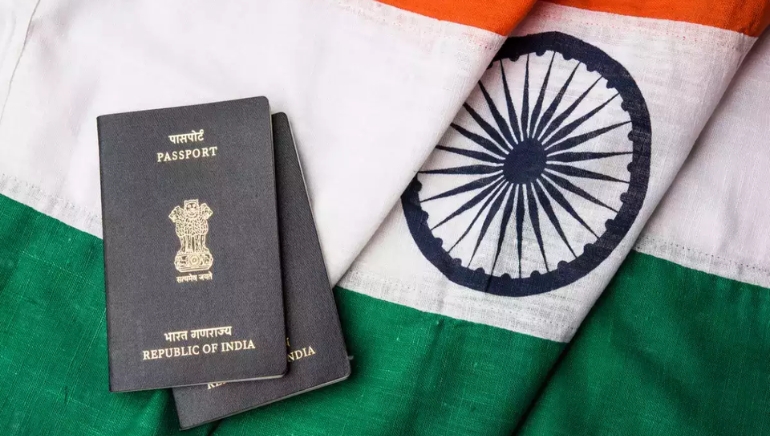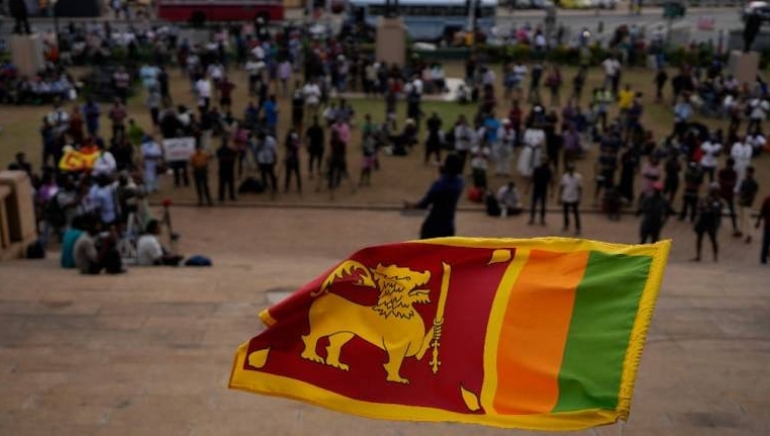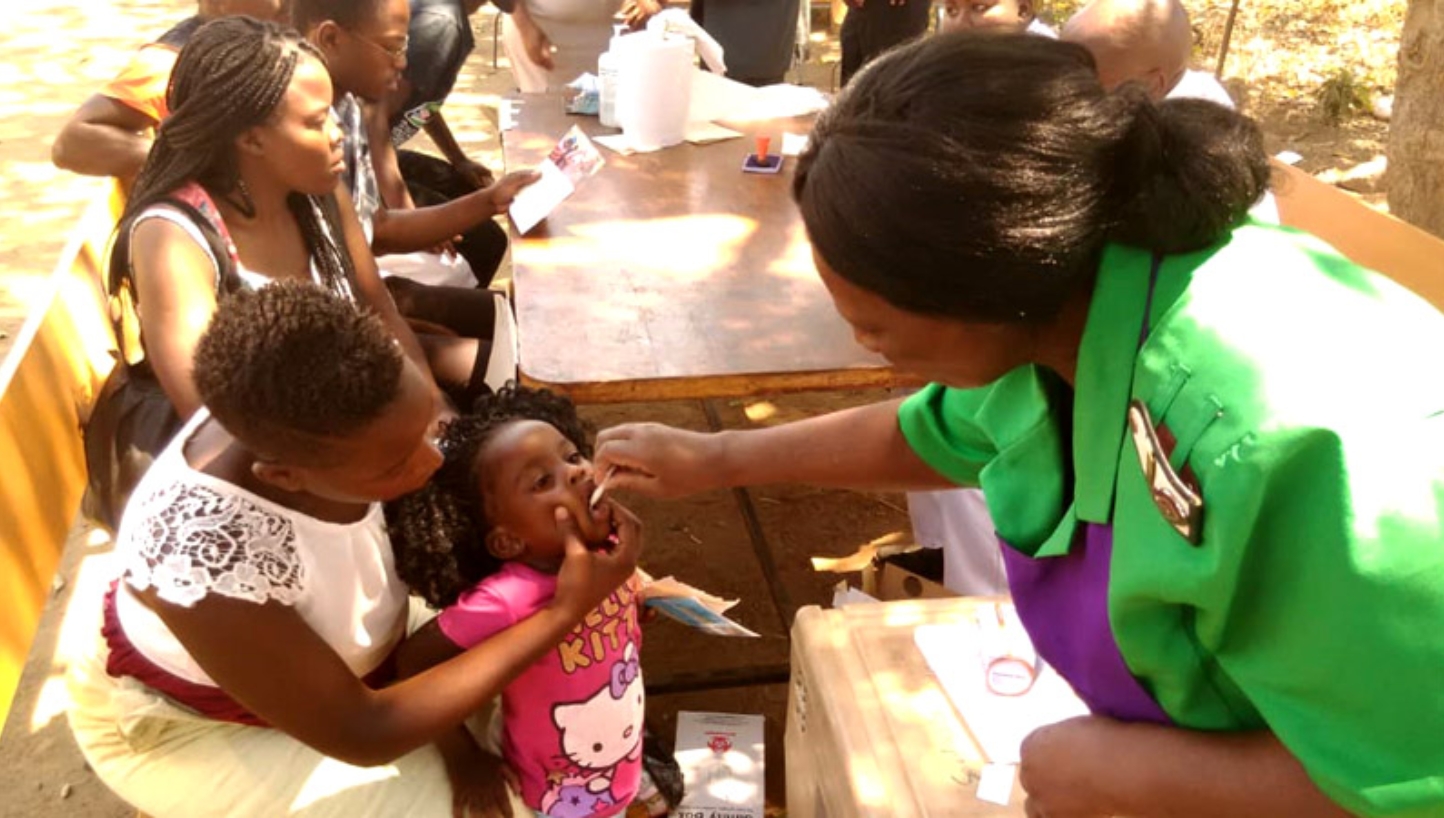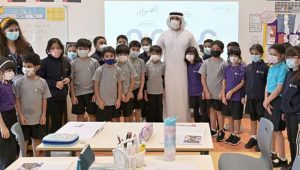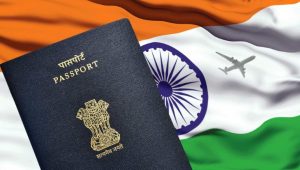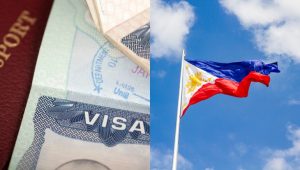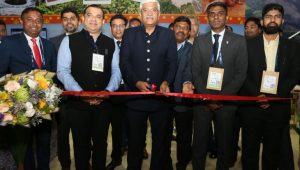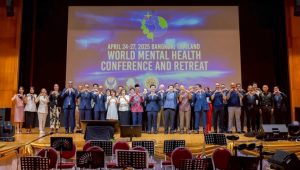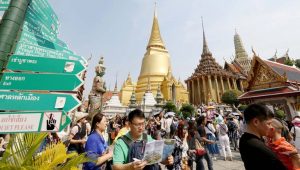Prime Minister Narendra Modi, alongside Union Petroleum Minister Hardeep Singh Puri, Chief Minister Pramod Sawant, Goa Governor Shreedharan Pillai, and ONGC officials, inaugurated the integrated ONGC Sea Survival Training Centre at Betul. Situated at the expansive ONGC Goa campus of IPSHEM, the centre is India’s deepest training facility, offering lifelike simulations for personnel to evacuate a helicopter cabin in crash scenarios. It is expected to train 10,000–15,000 people personally annually.
Featuring the country’s deepest pool, the facility replicates challenging conditions like mist, waves, darkness, and rain with eight types of waves up to two metres high. Its world-class faculty provides classroom sessions and practical, in-water training with one trainer per individual.
A standout feature is the full-scale simulation of a helicopter cabin submerging into the pool, imitating crash scenarios. Trainees learn to swiftly disengage harnesses, overcome shock, and resurface within minutes.
The Sea Survival Centre, initially designed for ONGC’s safety needs, is open to entities like the Navy, merchant carriers, Coast Guard, OMCs, and international participants. With over 10,000 offshore ONGC personnel, the centre mitigates the risks associated with helicopter travel, ensuring readiness for potential sea crashes.





